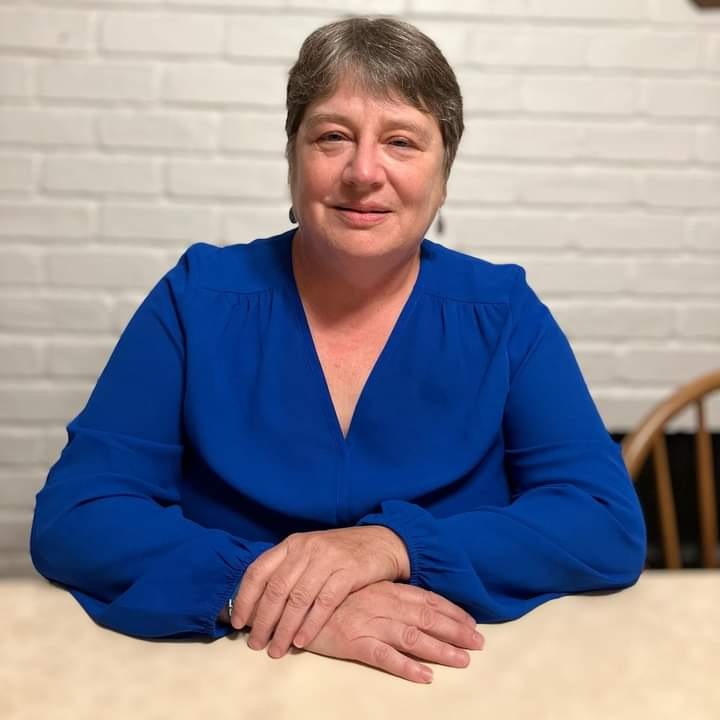
With the worldwide population surging and acreage for agriculture shrinking, indoor, indoor farms are literally on their way up as a viable form of food production.
Bowery Farming, founded in 2015, is growing lettuce and other greens in vertical, indoor farms located just outside of cities. The “farms” are able to produce crops year-round; and Bowery says it is using far fewer resources than traditional farms and generate less waste.
“Farming is very resource intensive,” noted Katie Seawell, Bowery’s chief marketing officer. “We’re transforming non-arable spaces into arable farmlands. We stack crops from floor-to-ceiling; because they are grown indoors, we can control the environment. We focus on seeds many farmers are unable to grow because of conditions. We start with seeds and then are able to optimize the plants and are able to harvest at their peak and get them in stores quickly. We are the grower, packager and shipper all in one.”
The stacked plants are monitored and fed using the Bowery OS, a proprietary operating system that gathers information as the plants grow and then creates a “recipe” for each one. “We continue to learn what makes them flourish and thrive,” Seawell explained. “The next time we plant, the recipe has been optimized.” Bowery’s crops are pesticide-free, and the company uses less water than traditional growers.
Currently Bowery Farming is growing different grades of lettuce and herbs as they grow efficiently. The company, however, plans to expand beyond leafy greens, according to Seawell.
Bowery now has three indoor farms, all near urban areas where fresh produce can be in short supply. One is a research and development center in Kearny, NJ, a suburb of Newark. A large-scale commercial farm also is in Kearny and another farm is in White Marsh, Maryland, just north of Baltimore. “We want to scale globally, and grow our national footprint,” she added. “We’re concentrating on urban centers and feel we can deliver.”
The company says it is collaborating with nonprofits in nearby communities. In the New Jersey and New York areas, Bowery works with Table to Table and Teens for Food Justice. In Maryland and the Washington, D.C. area, Bowery offers support to Maryland Food Bank and DC Central Kitchen. Through DC Central Kitchen’s Healthy Corners program, fresh produce is sold to corner stores in D.C.’s low-income neighborhoods at wholesale costs, where it is then sold to consumers at below-market prices.
While other farms have been struggling during the coronavirus pandemic, Bowery was able to grow its customer base, Seawell noted. “We were very fortunate; we were deemed an essential operation, so there was no disruption in our business. In fact, we had an acceleration in demand because of shortages in other parts of the supply chain.” In early January, the company’s produce was in about 100 stores; now the indoor farms are supplying 600 stores, including Giant, Weiss and Walmart, and has grown its online business. “We have doubled our e-commerce traffic since January,” noted Seawell. “People are turning to e-commerce because of supply chain disruptions and we have a stable harvest and get produce on the shelf in a few days.”·
The company is fulfilling the vision of its founder, Irving Fain, who believed that since agriculture is at the center of many global issues, including food access and security, it was time for formative transformation of the industry using technology. As Seawell explained, “Agriculture is at the epicenter of so many global challenges we have. We’re trying to do good through technology.”
When the economy begins recovering in earnest after the pandemic, Bowery Farming can be a part of rethinking a food supply chain that often falters at various stages. “There is a real desire to strengthen our food system, which will benefit retailers and consumers,” according to Seawell. “We can increase access to fresh, delicious, safe produce 365 days a year. We can play an important role in sustainability and farming and can play a part as we strengthen and rebuild from the pandemic.”
Image credit: Bowery Farming

Ellen R. Delisio is a writer who lives in Long Island, NY. Over the past 30 years, her writing has focused on life science, sustainability, education issues and electric vehicles. Ellen is an avid reader and beach-goer.














